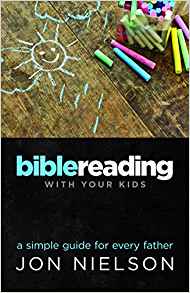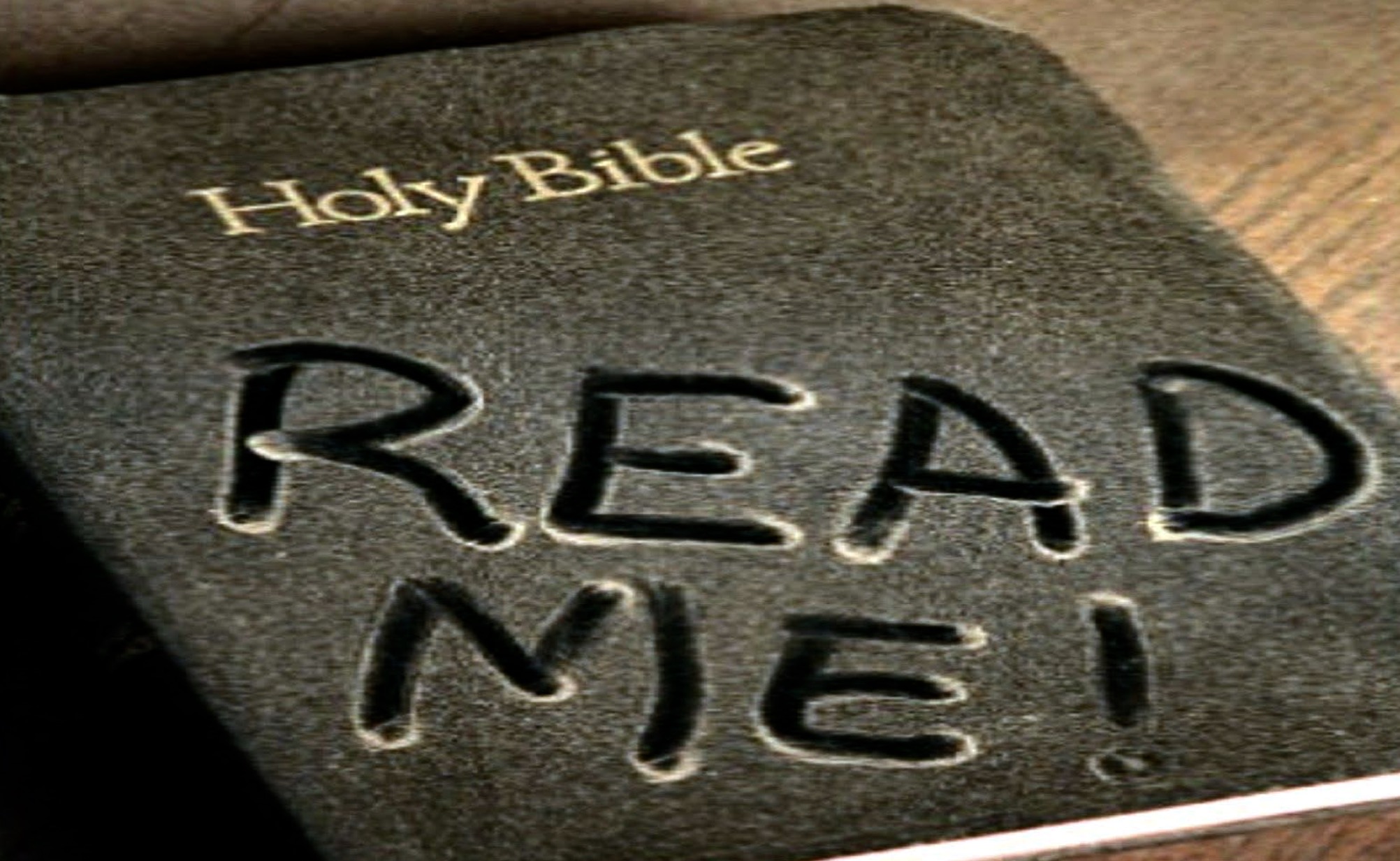 Today we will go through chapter 1 of Bible Reading With Your Kids. I hope you have had a chance to pick it up and read along with us as we work to practically apply this essential tool for discipling our kids for Christ. Chapter 1 begins the section Why and How and is titled Theological Foundations. WAIT, before you check out or skip it because you think you know this one, realize that it is very helpful to remind ourselves of the truths behind what we are doing. If we don’t understand the why, we will burn out on the what. So why read the Bible with our kids?
Today we will go through chapter 1 of Bible Reading With Your Kids. I hope you have had a chance to pick it up and read along with us as we work to practically apply this essential tool for discipling our kids for Christ. Chapter 1 begins the section Why and How and is titled Theological Foundations. WAIT, before you check out or skip it because you think you know this one, realize that it is very helpful to remind ourselves of the truths behind what we are doing. If we don’t understand the why, we will burn out on the what. So why read the Bible with our kids?
Life is busy, right? So many things tug at our time and our family’s time. Right now we are busy with school, homework, Awana, ministry, church, youth group, football, music lessons, and that doesn’t even get into doctor’s appointments, dentist, etc. Even with trying to prioritize, there are many things on the list. We need to understand good reasons to move Bible Reading with our kids high on that list. As Nielson starts chapter 1, he quotes Dabney that the education of our children for God is the most important business on earth. Amen! I agree with him that almost every father I know would agree with that. So how do we accomplish this? By “steady and consistent exposure to the powerful word of God.” There may be many other good things we do, but the Bible is the ultimate source of God’s life-changing power. To confirm this, Nielson gives us 4 truths about the Bible to remember.
- The Bible truly is the living Word of God – Heb 4:12 says, “For the word of God is living and active, sharper than any two-edged sword, piercing to the division of soul and of spirit, of joints and of marrow, and discerning the thoughts and intentions of the heart.” This is a reminder that it is active and alive as it works in our lives. The Bible is the very words of God! I love the phrase, “the Bible, most basically, is God speaking.” That brings it down to an easy to understand principle that we can remind our kids of. As you go to God’s Word with your kids, tell them that this book is God speaking. We can listen to God and hear Him. As you do, you are teaching them that the Bible is the living Word of God and passing on its importance.

- The Bible is the authoritative Word of God – 2 Tim 3:16, “All Scripture is breathed out by God and profitable for teaching, for reproof, for correction, and for training in righteousness.” As our children are growing up, they are figuring out what authority means and looks like. Sometimes it goes well, and sometimes it is a challenge! Our sin nature wants to rebel against all authority in our lives. The book gives us an important reminder that as we try to help our kids come under the authority of mom and dad, we all come under the authority of God through His Word. Throughout many years of youth ministry, I had students tell me that their parents demanded to be an authority in their lives, but they themselves didn’t respect any authority. This can be a particular challenge if you own your own business, work from home, or home-school. I know full well that the students were usually not seeing the bigger picture, but it reminds us that we need to be open and visible with the authority in our lives. A primary way to do this is to tell and show our kids that we are under the Bible’s authority. Constantly reiterate that the Bible is the rule of living for our lives. It is the authority of a loving, righteous God in our lives. It’s good to tell them things God is teaching you through His Word. Maybe it’s patience, contentment, humility, or working on anger issues. Let them know God’s Word is authority. This principle “involves a recognition that our Maker has spoken with authority, and our first task as creatures is to listen to him.” We need to ask ourselves then, “Do I see the Bible as a necessary authority in my life?” Is there any indication to my kids that it is? Let’s work on this one!
- The Bible is the powerful Word of God – Both 2 Tim 3:16 and Heb 4:12 above remind us of the life-changing power of God’s Word. Nielson writes, “Paul, too, write of the effective power of God’s Word to actually get things done in the lives of people who expose themselves to it.” Do you see some things that need to change in your children? As mine have gotten older, I see certain weaknesses in each of them that I pray can be overcome. I can wish and hope, or I can make sure we’ve read God’s Word about those issues. We also memorize verses about whatever the issue is. It is a relief to realize that God’s Word is the power to change them, and not my “perfect” parenting. This is such a relief because my parenting is never perfect, but while I carry the responsibility to parent, I don’t carry the weight of making them change. Let the Holy Spirit work, but give him a field to work in by reading the Bible together!
- The Bible is God’s chosen method for salvation – We all pray for our kids to be saved and follow Jesus. One of the best ways to help this process is to read the Bible, God’s very words. This is the truth they need to hear.
I really appreciated Nielson’s last follow-up point in the chapter. He says, “It’s the absolute necessity of adding our prayers to the work of reading and teaching the Bible to our children.” Amen! This acknowledges our dependence on God and we know that God hears our prayers. Don’t forget this step and don’t just say you’re praying for them. Maybe have something specific each day that you pray for God to accomplish in each of your kids. It could be something like, “Lord, help little Johnny be humble today. Help him see the lessons you have for Him in this area and bring things into his life that help him learn this lesson young rather than when he is older. Help him see your life changing power in his life. And help him remember to put on clean clothes today.” Ok, maybe the last sentence is just for me and my kiddos! But the lesson is, pray for your kids in an intentional way. You might want to make a prayer list for each of your kids with your wife. I guarantee she is seeing things in their lives too.
Let’s believe the Bible is God’s very words and make it a priority. If you haven’t read the Bible with your kids on a regular basis, this week, read with them at least twice. Pick a book of the Bible that works for your aged kids and read a paragraph or two at least twice (more is great!). Let’s start the habit!
-Pastor Ron
